Amnesty International urges EU to follow Biden’s UAE, Saudi weapons freeze
Amnesty International has welcomed the United States decision to freeze arms sales to Saudi Arabia and the United Arab Emirates (UAE), calling on European countries to follow suit and end weapons exports to the two countries involved in the devastating war on Yemen.
“President [Joe] Biden’s decision to freeze arms sales to Saudi Arabia and the UAE represents a welcome relief in an otherwise shameful chapter of history. Almost six years of conflict in Yemen, fueled by irresponsible arms transfers, have left 14 million Yemenis in dire need of humanitarian assistance,” Philippe Nassif, advocacy director for the Middle East and North Africa at Amnesty International USA, said on Thursday.
He added, “The suspension of arms sales by the US is a step in the right direction and ups the pressure on European countries, most notably the UK and France, to follow suit and stop fueling the human misery in Yemen.”
Nassif highlighted that Amnesty International has been for years warning Western states against complicity in war crimes being perpetrated in Yemen as they continue to supply the Saudi-led coalition with arms.
“The Biden administration is finally acknowledging the disastrous effects of these continued sales, and puts to shame other states that continue to ignore the mountain of evidence of probable war crimes collected by Yemenis, the United Nations, and human rights organizations over the course of the past six years,” he pointed out.
On Wednesday, Mick Wallace, an independent Member of the European Parliament (MEP) slammed Europe’s support for the ongoing Saudi-led military onslaught on Yemen, arguing that EU nations have done little to condemn the attacks and deal with the humanitarian catastrophe there.
“We are complicit in this humanitarian disaster,” the Irish politician wrote in a post published on his official Twitter page.
He criticized European countries for their arms exports to Saudi Arabia and the UAE, stating that the Saudi-led coalition has put millions of people in Yemen at risk of starvation.
“Saudi Arabia and the UAE deliberately starve millions in Yemen - and the EU can't even stop its Member States from arming them,” Wallace said.
The International Rescue Committee (IRC) warned in December that Yemen is the country most at risk of a humanitarian catastrophe in 2021.
The organization noted that continued conflict, widespread hunger and a collapsing international aid response threaten to dramatically worsen the current crisis in the impoverished Arab country.
According to the UN, 80 percent of Yemen’s 30 million people need some form of aid or protection.
About 13.5 million Yemenis currently face acute food insecurity, including 16,500 people living in famine-like conditions, UN data shows.
Saudi Arabia and a number of its regional allies launched the war on Yemen in March 2015, with the goal of bringing the government of former president, Abd Rabbuh Mansur Hadi, back to power and crushing the popular Houthi Ansarullah movement.
The Ansarullah movement, backed by the Yemeni armed forces and allied popular groups, has gone from strength to strength against the Saudi-led invaders, leaving Riyadh and its allies bogged down in the county.
‘All wars have rules. All of those rules have been broken’ by Israel
VIDEO | Report flags India’s violation of rights of Rohingya detainees
Turkey's foreign minister meets Syria's de facto leader in Damascus
'Next to impossible' to rescue patients from Gaza's Kamal Adwan Hospital: Director
VIDEO | Vietnam current prosperity
Report blames gasoil exports for shortage at Iranian power plants
VIDEO | Hind Rajab Foundation names Israeli war criminals vacationing after Gaza genocide
VIDEO | Australians rally for Gaza ahead of Christmas festivities


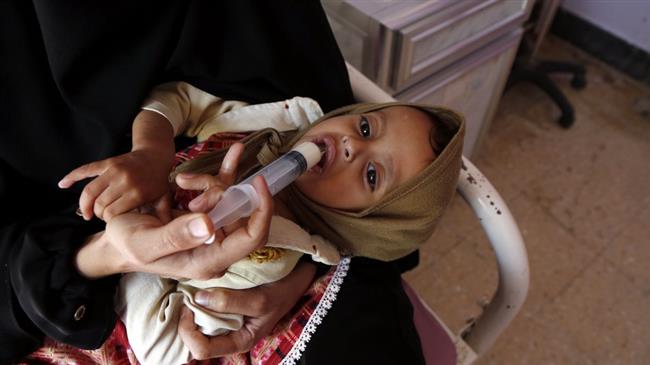



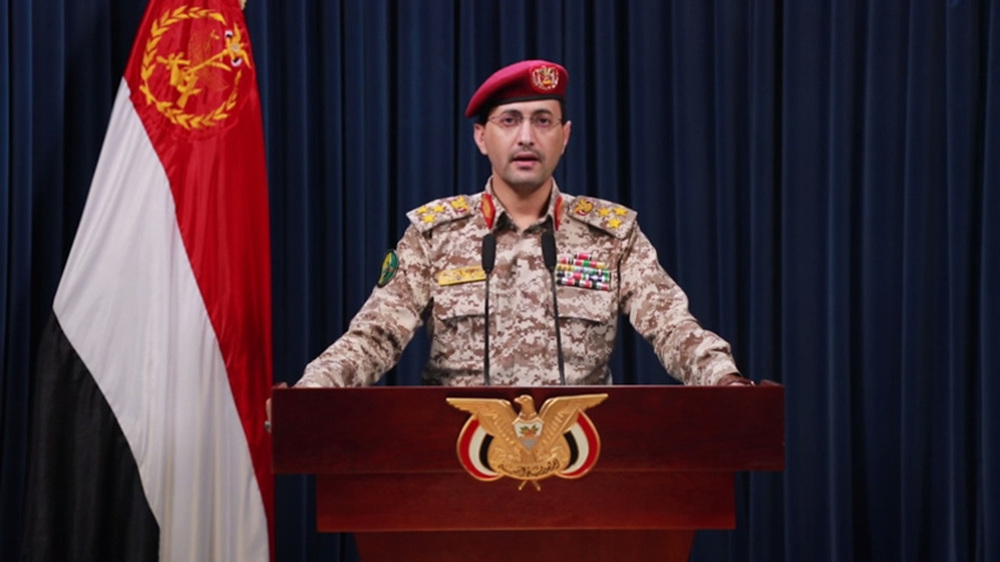






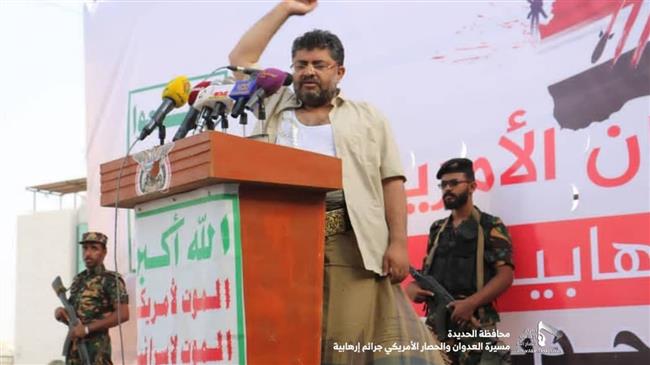
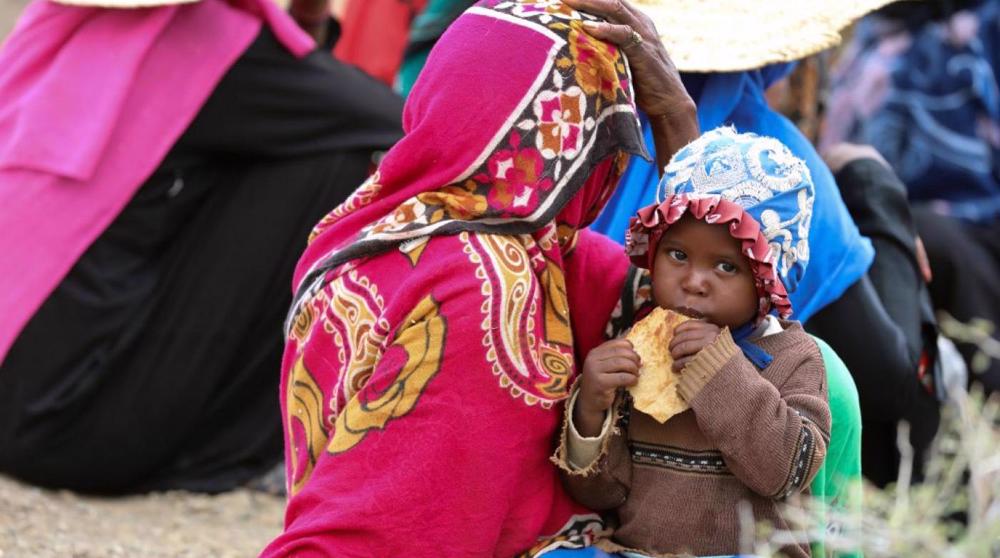
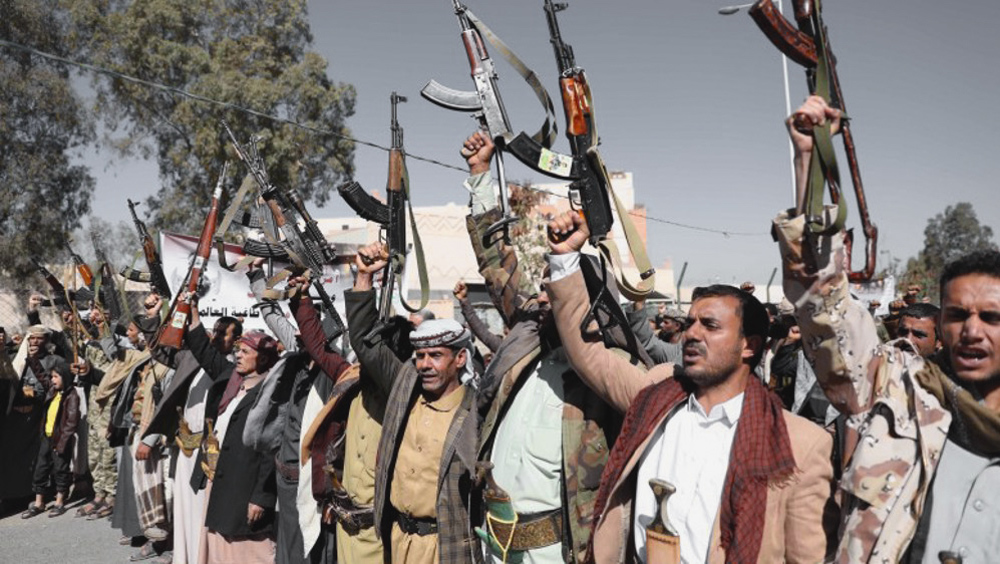
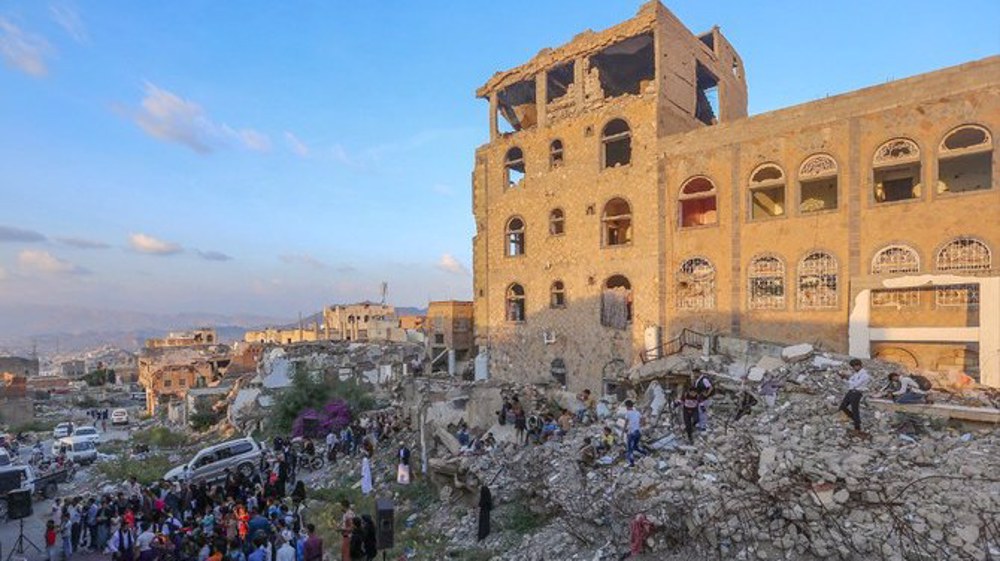
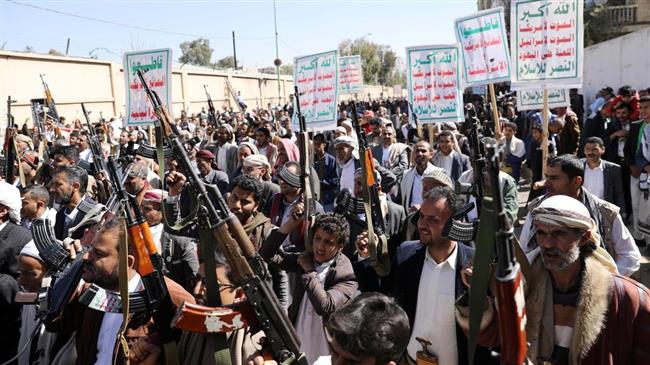
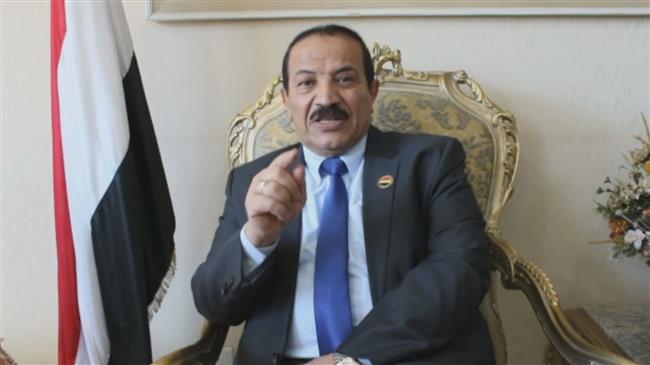

 This makes it easy to access the Press TV website
This makes it easy to access the Press TV website